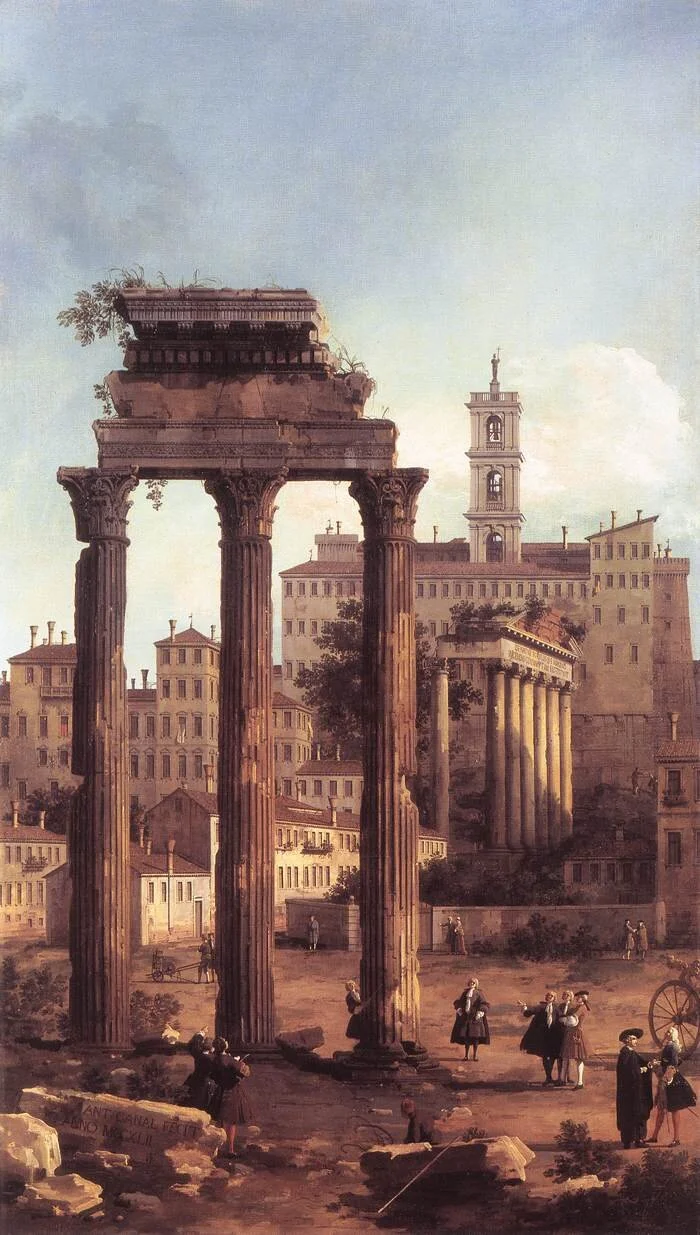What a baker from ancient Pompeii can teach us about happiness By Nadejda Williams
In a testament to its resiliency, happiness, according to this year’s World Happiness Report, remained remarkably stable around the world, despite a pandemic that upended the lives of billions of people.
As a classicist, I find such discussions of happiness in the midst of personal or societal crisis to be nothing new.
“Hic habitat felicitas” – “Here dwells happiness” – confidently proclaims an inscription found in a Pompeiian bakery nearly 2,000 years after its owner lived and possibly died in the eruption of Vesuvius that destroyed the city in A.D. 79.
What did happiness mean to this Pompeiian baker? And how does considering the Roman view of felicitas help our search for happiness today?
Happiness for me but not for three
The Romans saw both Felicitas and Fortuna – a related word that means “luck” – as goddesses. Each had temples in Rome, where those seeking the divinities’ favor could place offerings and make vows. Felicitas was also portrayed on Roman coins from the first century B.C. to the fourth century, suggesting its connection to financial prosperity of the state. Coins minted by emperors, furthermore, connect her to themselves. “Felicitas Augusti,” for example, was seen on the golden coin of the emperor Valerian, iconography that suggested he was the happiest man in the empire, favored by the gods.
By claiming felicitas for his own abode and business, therefore, the Pompeiian baker could have been exercising a name-it-claim-it philosophy, hoping for such blessings of happiness for his business and life.
But just beyond this view of money and power as a source of happiness, there was a cruel irony.
Felicitas and Felix were commonly used names for female and male enslaved persons. For instance, Antonius Felix, the governor of Judaea in the first century, was an ex-slave – clearly, his luck turned around – while Felicitas was the name of the enslaved woman famously martyred with Perpetua in A.D. 203.
Romans perceived enslaved people to be proof of their masters’ higher status and the embodiment of their happiness. Viewed in this light, happiness appears as a zero-sum game, intertwined with power, prosperity and domination. Felicitas in the Roman world had a price, and enslaved people paid it to confer happiness on their owners.
Suffice it to say that for the enslaved, wherever happiness dwelled, it was not in the Roman Empire.
Photo from wikipedia
Where does happiness really dwell?
In today’s society, can happiness exist only at the expense of someone else? Where does happiness dwell, as rates of depression and other mental illness soar, and work days get longer?
Over the past two decades, American workers have been working more and more hours. A 2020 Gallup poll found that 44% of full-time employees were working over 45 hours a week, while 17% of people were working 60 or more hours weekly.
The result of this overworked culture is that happiness and success really do seem to be a zero-sum equation. There is a cost, often a human one, with work and family playing tug-of-war for time and attention, and with personal happiness the victim either way. This was true long before the COVID-19 pandemic.
Studies of happiness seem to become more popular during periods of high societal stress. It is perhaps no coincidence that the longest-running study of happiness, administered by Harvard University, originated during the Great Depression. In 1938, researchers measured physical and mental health of 268 then-sophomores and, for 80 years, tracked these men and some of their descendants.
Their main finding? “Close relationships, more than money or fame … keep people happy throughout their lives.” This includes both a happy marriage and family, and a close community of supportive friends. Importantly, the relationships highlighted in the study are those based on love, care and equality, rather than abuse and exploitation.
Just as the Great Depression motivated Harvard’s study, the current pandemic inspired social scientist Arthur Brooks to launch, in April 2020, a weekly column on happiness titled “How to Build a Life.” In his first article for the series, Brooks loops in research showing faith and meaningful work – in addition to close relationships – can enhance happiness.
Finding happiness in chaos and disorder
Brooks’ advice correlates with those findings in the World 2021 Happiness Report, which noted “a roughly 10% increase in the number of people who said they were worried or sad the previous day.”
Faith, relationships and meaningful work all contribute to feelings of safety and stability. All of them were victims of the pandemic. The Pompeiian baker, who chose to place his plaque in his place of business, likely would have agreed about the significant connection among happiness, work and faith. And while he was not, as far as historians can tell, living through a pandemic, he was no stranger to societal stress.
It’s possible his choice of décor reflected an undercurrent of anxiety – understandable, given some of the political turmoil in Pompeii and in the empire at large in the last 20 years of the city’s existence. At the time of the final volcanic eruption of A.D. 79, we know that some Pompeiians were still rebuilding and restoring from the earthquake of A.D. 62. The baker’s life must have been filled with reminders of instability and looming disaster. Perhaps the plaque was an attempt to combat these fears.
After all, would truly happy people feel the need to place a sign proclaiming the presence of happiness in their home?
Or maybe I’m overanalyzing this object, and it was simply a mass-made trinket – a first century version of a “Home Sweet Home” or “Live, Laugh, Love” placard – that the baker or his wife picked up on a whim.
And yet the plaque reminds of an important truth: people in antiquity had dreams of and aspirations for happiness, much like people do today. Vesuvius may have put an end to our baker’s dreams, but the pandemic need not have such a permanent impact on ours. And while the stress of the past year-and-a-half feels may feel overwhelming, there has been no better time to re-evaluate priorities, and remember to put people and relationships first.
Nadejda Williams is Professor of Ancient History, University of West Georgia
This article originated at The Conversation







